The Prigogine Medal 2020 Award Ceremony was due to take place at the University of Seville on Wednesday 10th June 2020, during the 28th International Conference on Modelling, Monitoring and Management of Air Pollution (Air Pollution 2020). However, the ceremony has been
postponed to 2021 due to the COVID-19 situation. Further details to follow.
The Prigogine Medal was established by the University of Siena and
the Wessex Institute of Technology in 2004 to honour the memory of
Professor Ilya Prigogine, Nobel Prize Winner for Chemistry
Ilya Prigogine
Ilya Prigogine was born in Moscow in 1917 and obtained his
undergraduate and graduate education in chemistry at the Free University
in Brussels. He was awarded the Nobel Prize for his contribution to
non-equilibrium thermodynamics, particularly the theory of dissipative
structures. The main theme of his scientific work was the role of time
in the physical sciences and biology. He contributed significantly to
the understanding of irreversible processes, particularly in systems far
from equilibrium. The results of his work have had profound
consequences for understanding biological and ecological systems.
Prigogine’s ideas established the basis for ecological systems
research. The Prigogine Medal to honour his memory is awarded annually
to a leading scientist in the field of ecological systems. All
recipients have been deeply influenced by the work of Prigogine.
Previous Prigogine Laureates:
2004
Sven Jorgensen, Denmark
2005
Enzo Tiezzi, Italy
2006
Bernard Patten, USA
2007
Robert Ulanowicz, USA
2008
Ioannis Antoniou, Greece
2009
Emilio del Giudice, Italy
2010
Felix Müller, Germany
2011
Larissa Brizhik, Ukraine
2012
Gerald Pollack, USA
2013
Vladimir Voeikov, Russia
2014
Mae-wan Ho, UK
2015
Bai-Lian Larry Li, USA
2016
Brian Fath, USA
2017
João Carlos Marques, Portugal
2018
Stuart Kauffman, USA
2019
Luc Montagnier, Switzerland
The 2020 Medal will be awarded to Professor Diederik Aerts, Brussels Free University, Belgium.
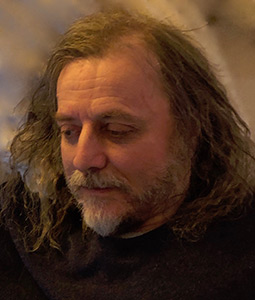 Diederik Aerts
Diederik Aerts
Professor Diederik Aerts graduated with an MSc in Mathematical
Physics and holds a PhD in Theoretical Physics from Brussels Free
University. For his doctoral research, he worked with Constantin Piron
within the so-called ‘Geneva School on the Foundations of Physics’, on
the ‘quantum axiomatic description of composite entities’, proving among
other things the ‘impossibility of standard quantum theory to model
systems of separated entities’.
For his postdoc, Professor Aerts worked at the Belgian National Fund
for Scientific Research, where he was also a tenured researcher, and he
then became a professor at Brussels Free University (VUB). There, he was
the director of the Center Leo Apostel of Interdisciplinary Studies,
before becoming emeritus a year ago. He is Editor-in-Chief of the
Springer Nature journal ‘Foundations of Science’ and a board member of
the Worldviews group, founded by the late philosopher Leo Apostel. He is
also president of the Centre for Quantum Social and Cognitive Science
(IQSCS) at Leicester University (UK) and a Fellow of the College of the
International Institute for Advanced Studies in Systems Research and
Cybernetics (IIAS). He was the scientific and artistic coordinator of
the ‘Einstein meets Magritte’ conference, at the VUB, where some of the
world’s leading scientists and artists gathered to reflect on science,
nature, human action and society. This was followed up by two
international symposia co-organized with his collaborators and students,
‘Times of Entanglement’ at the World-Exhibition in Shanghai and ‘Worlds
of Entanglement’ at the VUB.
Professor Aerts is considered to be one of the pioneers of the
research domain called ‘Quantum Cognition’, where quantum structures are
used to model aspects of human cognition and decision, a domain in
which he is still actively engaged with his group of collaborators and
PhD students. Starting from his reflection in the field of quantum
cognition, Professor Aerts also formulated a new interpretation of
quantum theory, called the ‘conceptuality interpretation’, where quantum
entities are considered to be concepts (meaning entities) instead of
objects. With his group, he is currently elaborating this challenging
approach in all its possible facets and fields of inquiry, as it appears
to be able to elucidate fundamental aspects of quantum theory, such as
uncertainty, indistinguishability, entanglement and superposition, which
have not yet found a satisfactory explanation in existing quantum
interpretations.
To find out more about Professor Aerts please view his full CV here:
Diederik Aerts CV
Special Prigogine Lecture
on
A Quantum Quest. From operational quantum axiomatics to quantum conceptuality, or how to unveil meaning in reality
to be delivered by Professor Diederik Aerts
at the University of Seville, Spain, on Wednesday 10th June 2020
Highlights of his research are outlined
leading to the formulation of a new interpretation of quantum mechanics,
called the ‘conceptuality interpretation’. In this new
thought-provoking interpretation quantum entities are considered to be
concepts instead of objects and fundamental quantum phenomena, such as
Heisenberg uncertainty, indistinguishability, entanglement and
superposition, which cannot be addressed in a satisfactory way in the
existing interpretations, find a very natural explanation. The
interpretation also provides interesting insights as regards the
possible nature of the world in which we live and evolve.
For further information about the Prigogine Awards, please contact:
Prigogine Award
Wessex Institute
Ashurst Lodge, Ashurst
Southampton
SO40 7AA, UK
Tel: +44 (0) 238 029 3223
Email:
wit@wessex.ac.uk
See the following Web pages for details of recent Prigogine Awards:
Further details of all Prigogine Awards can be found on our dedicated page:
Prigogine Award
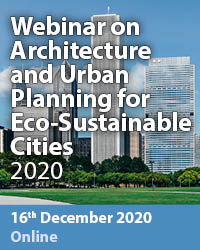 Overview
Overview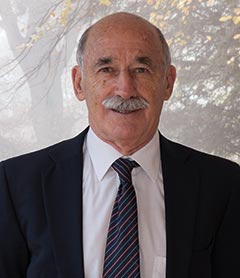 The 2020 programme of WIT conferences is almost complete, with the exception of the BEM/MRM 43 Conference which is to take place in December. The events had been planned in beautiful European cities, in collaboration with well-known universities, in venues that provided a friendly atmosphere for networking and the interchange of ideas among delegates.
The 2020 programme of WIT conferences is almost complete, with the exception of the BEM/MRM 43 Conference which is to take place in December. The events had been planned in beautiful European cities, in collaboration with well-known universities, in venues that provided a friendly atmosphere for networking and the interchange of ideas among delegates.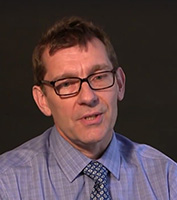
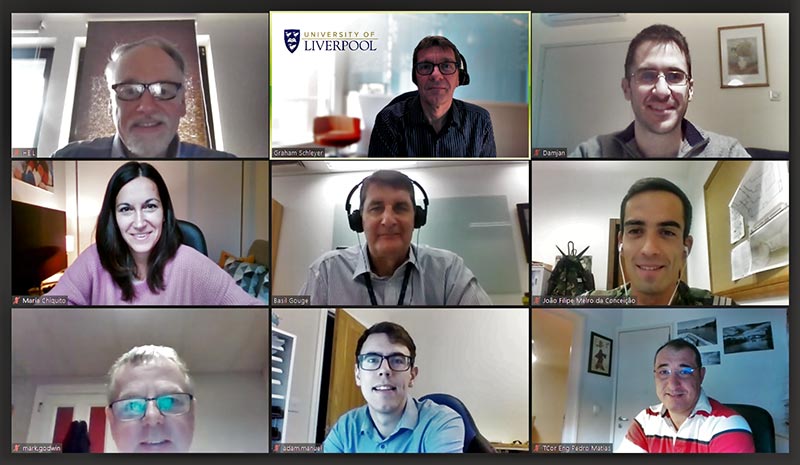
 Diederik Aerts
Diederik Aerts